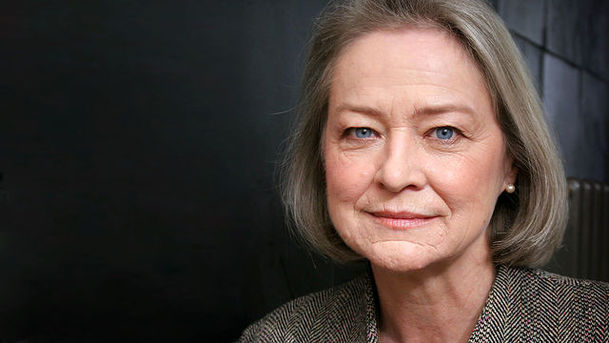From Our Own Correspondent - 09/10/2010

From Our Own Correspondent is in Algeria this morning with a tale about miles of red tape and a missing chest of drawers. But also how, polling day's coming in Burma, a country where no-one under the age of 38 has ever voted in an election. and why in the recent unrest in Indian Kashmir, journalists too have become targets. Burma is about to see its first elections in twenty years. Last time, the National League for Democracy won a convincing victory -- but the military government annulled the result. The NLD's leader, Aung San Suu Kyi, was put under house arrest. Next month, Burma goes to the polls again. This time Aung San Suu Kyi isn't allowed to stand and her party is boycotting the elections. The Burmese authorities don't accept working BBC journalists so we won't be naming our correspondent who travelled to Burma undercover. She met members of the opposition which now faces bitter divisions. Everywhere you travel nowadays, you see the bite of the global economic crisis, in developing economies and across Europe too. Spain's migrant workers are some of the worst hit. Almost one in three can't find work and many are claiming benefits to get by. Some political parties are now calling on immigrants to leave Spain and go back home. But what's this anxiety about immigration really about? About the economy - or about the changes a large influx of migrants has brought to Spanish culture? Pascale Harter has been trying to find out. The Kashmir Valley is visually stunning - deep lakes set about with dramatic, soaring mountains. But this summer, that beauty has made a stark contrast with violent unrest. This is Indian-administered Kashmir but Indian rule is deeply resented here. Anti-government demonstrations have been aggressively suppressed by the security forces. More than a hundred people, many of them teenagers, have been killed. And as Chris Morris discovered on a recent visit, local journalists trying to cover the violence have often become targets themselves. When you ask some liberal Americans about this new political movement, the Tea Party, they wrinkle their noses and dismiss them as the right wing fringe. But as the US approaches mid-term elections, members of the Tea Party are showing their strength - even displacing some prominent Republicans as candidates. They're a disparate group of grass-roots conservatives, disaffected with the old Republican Party. And deeply suspicious of President Obama. Mark Mardell has been charting this new American Revolution. Just a few pieces of family furniture. Shipped from England to Algeria. Surely - not that hard? A few documents, clearance through customs, and voila, there it is. Well, unfortunately, it wasn't quite that simple for the BBC's Chloe Arnold. Her shipment from home caused all sorts of dramas - as she tell us now from the Algerian capital, Algiers.